Traditions
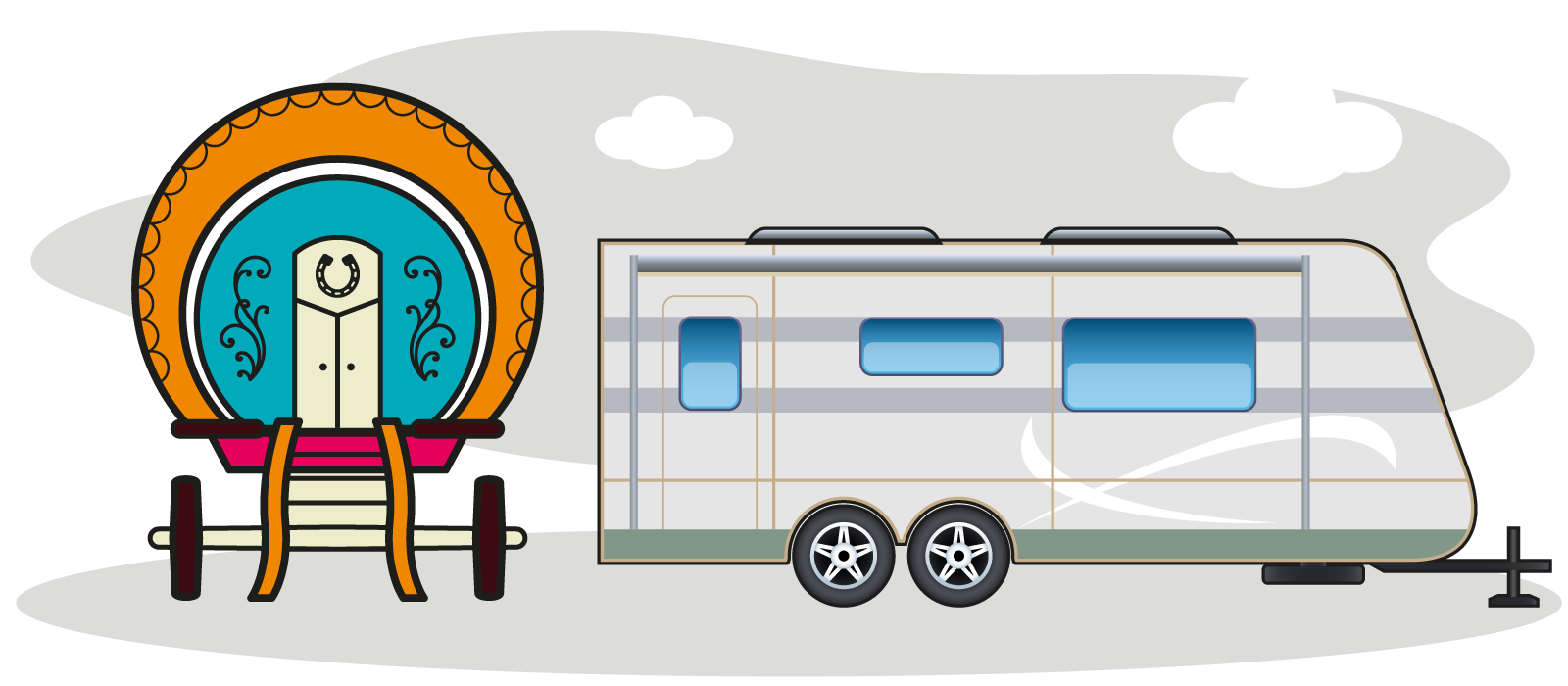
Gypsy, Roma and Traveller people have a rich history and many traditions and important times.
Religion
Irish travellers are usually catholic and a large proportion of Irish Travellers would Identify as Christian or Catholic. Other Travellers if they are religious will usually share the religion of the area they live. There is no set Traveller religion, and Travellers have a variety of spiritual beliefs.
Weddings
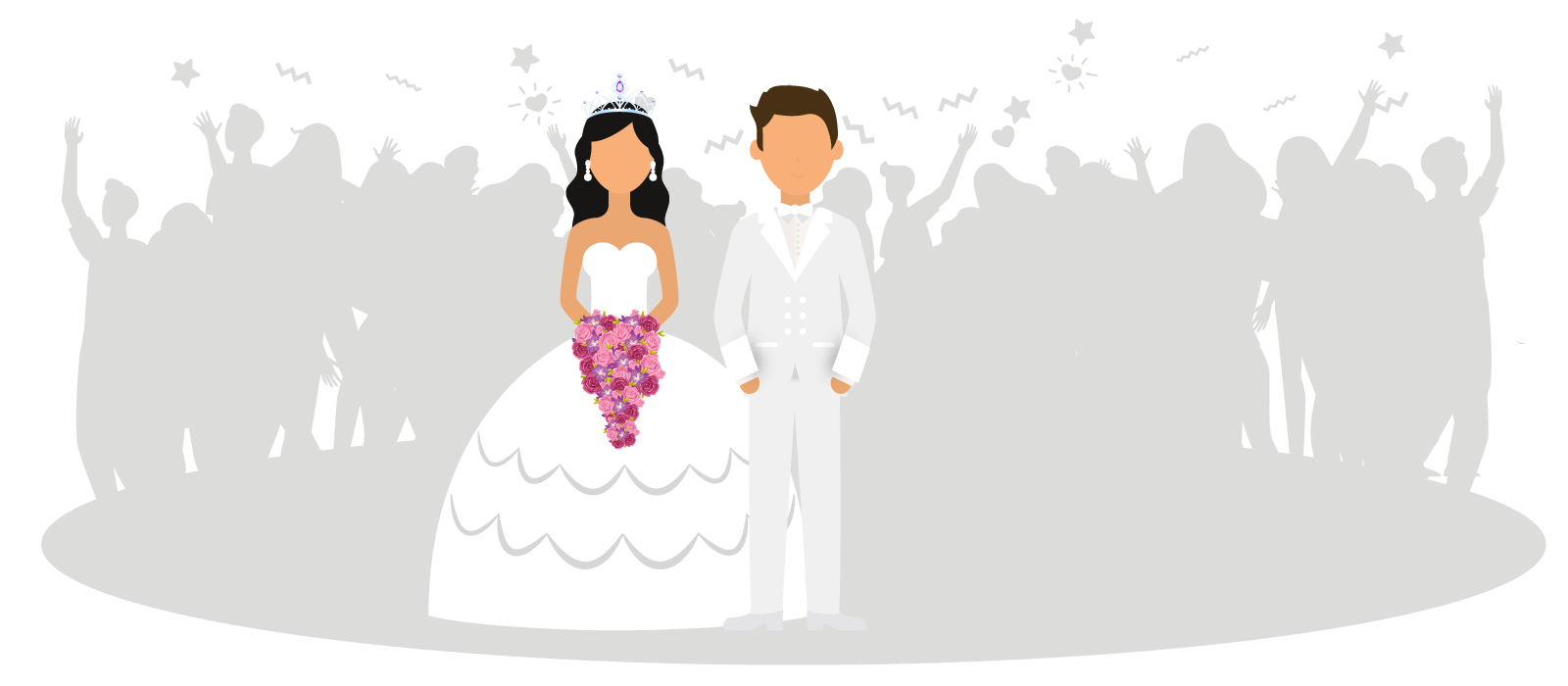
Weddings are an important celebration within the GRT community. Many people are invited and it is important for families to travel and attend these events. Not all Traveller weddings are the same. Do not assume that the stereotypical weddings shown on the series ‘My Big Fat Gypsy Wedding’ are an accurate portrayal of all GRT weddings, especially not of Romany Gypsies and other GRT groups.
Click here for information about GRT Funerals
Dating/courtship

Dating someimes called courtship have strict rules in many of the GRT communities. If a boy wishes to court a Traveller girl he will have to go to ask the father’s permission. If she does not have a father this can also be a father figure or the head of the family. If this is agreed upon, they will be allowed to officially date. Traditionally this would have been with a view to marriage.
Traditionally, girls should act in a modest way, therefore she and her boyfriend would not usualy not be left alone. Sex is something in the past that was only acceptable between a married couple. that traditionally would be saved for after marriage. This has, however, significantly changed in recent times with lots more couples cohabiting.
Gender roles
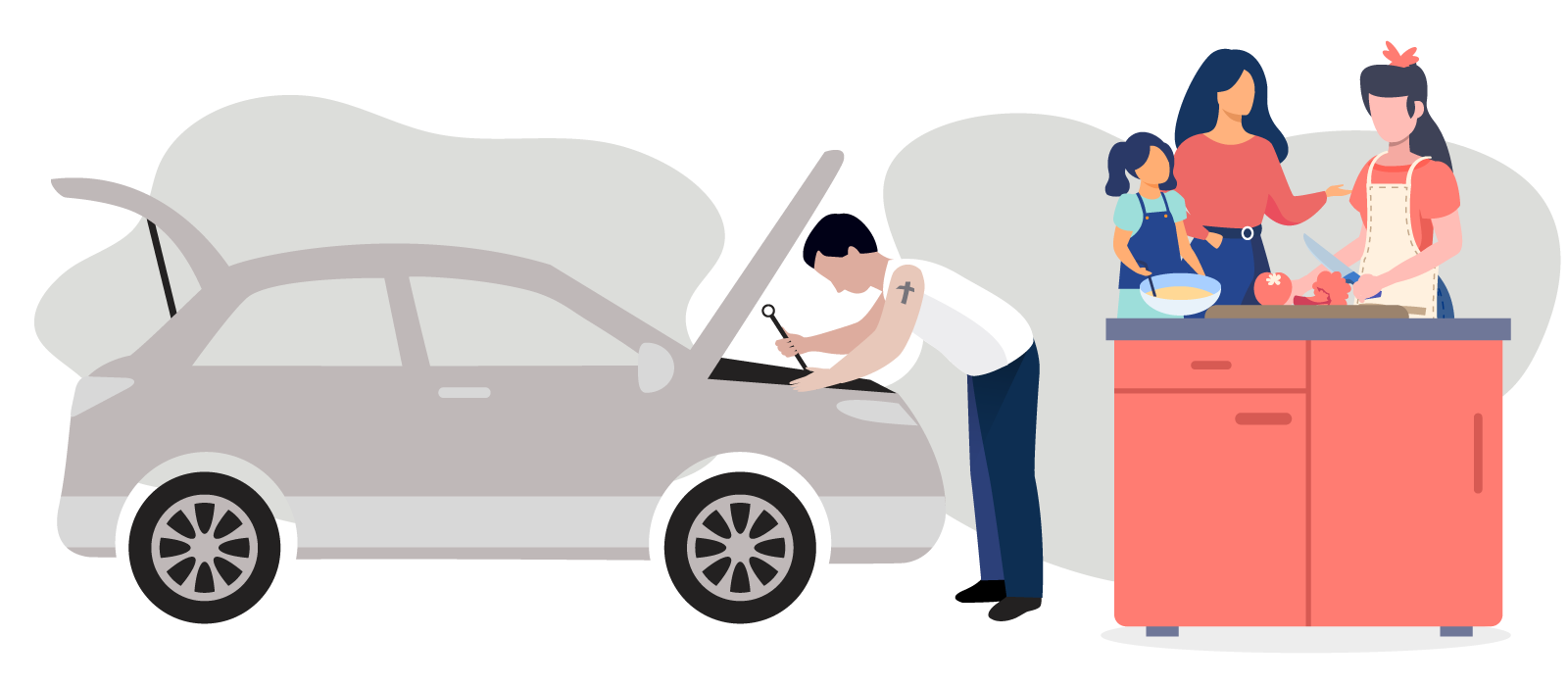
GRT gender roles are considered to be traditional, with the man being responsible for keeping his family financially and the woman being responsible for running the home. This includes looking after the children, cooking, and cleaning. If there are issues with the children in school, the women are more likely to be the ones to communicate with the school initially. Men are more likely to get involved with the school if the family feels that the issues are more serious.
These are the traditional roles within the GRT community. However, they are continuing to evolve and change as any society does.
Coming of age
Boys and girls are considered adults from around the age of 16. As a result they are treated as adults from this time. They are given responsibilities that their peers may not have. Girls may be expected to help run the household, and boys may help the men with work.
This can also cause difficulty in school, as they are treated as an adult at home and then are seen as a child at school. They may also have additional responsibilities at home that they will need to fulfil alongside school work and homework.
Occupations
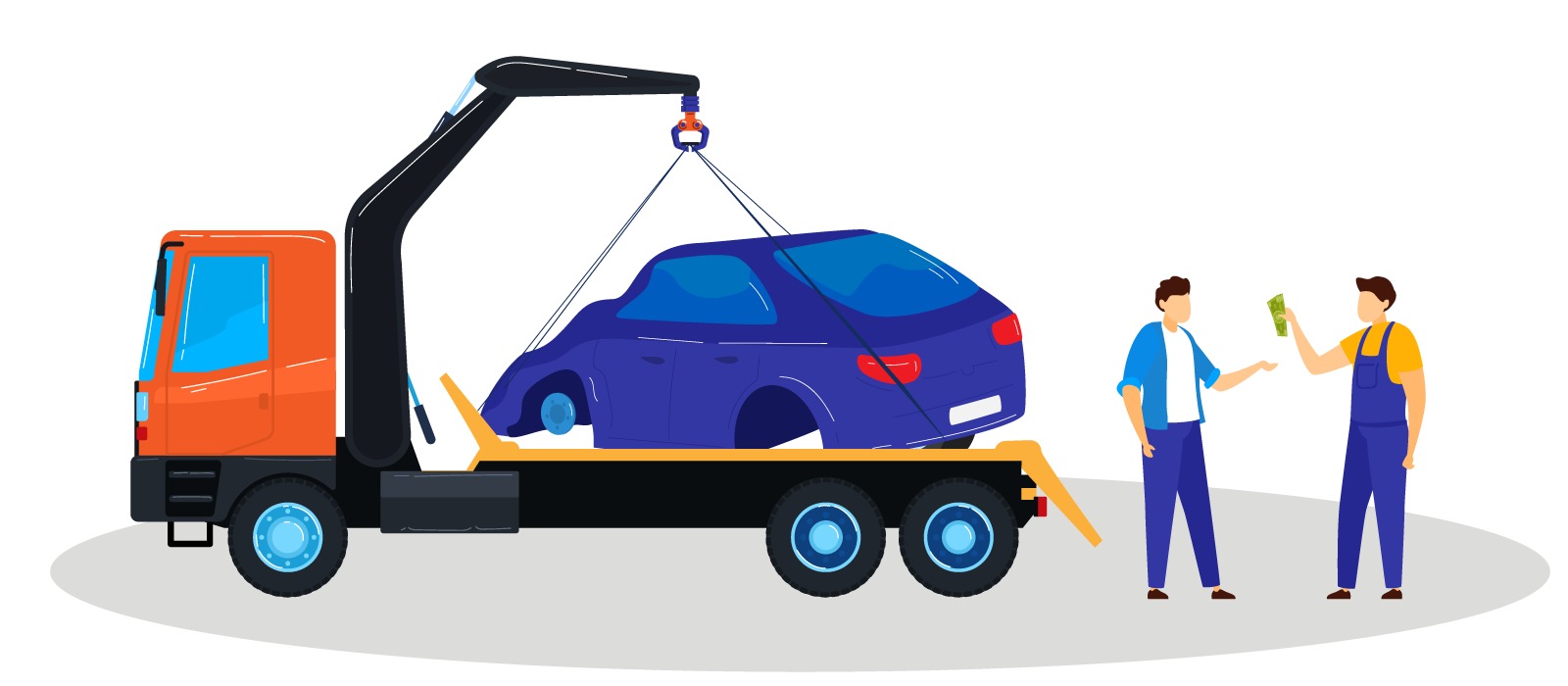
Although many GRT young people are moving away from more traditional occupations there are still a significant number who follow what would be considered traditional routes of employment.
Men – scrapping, collecting scrap metal and other scrap goods to either sell on or to take to a refuse centre. However, recent changes in the law have made this more difficult due to the licenses and fees involved. Other hands-on practical trades are also popular employment, this can include: gardening, tarmacking, building; landscaping; painting and decorating; labouring; land-based trades such as farm work or seasonal farm work.
Women - some women may be stay-at-home mothers and will be responsible for running the household, although many are now also working. Employment routes often include child care; health and beauty; hairdressing; makeup; nails; floristry; sewing and care work. Looking after their children and running the house usually takes priority over employment and therefore many women work in industries that fit around family responsibilities.
Pastimes
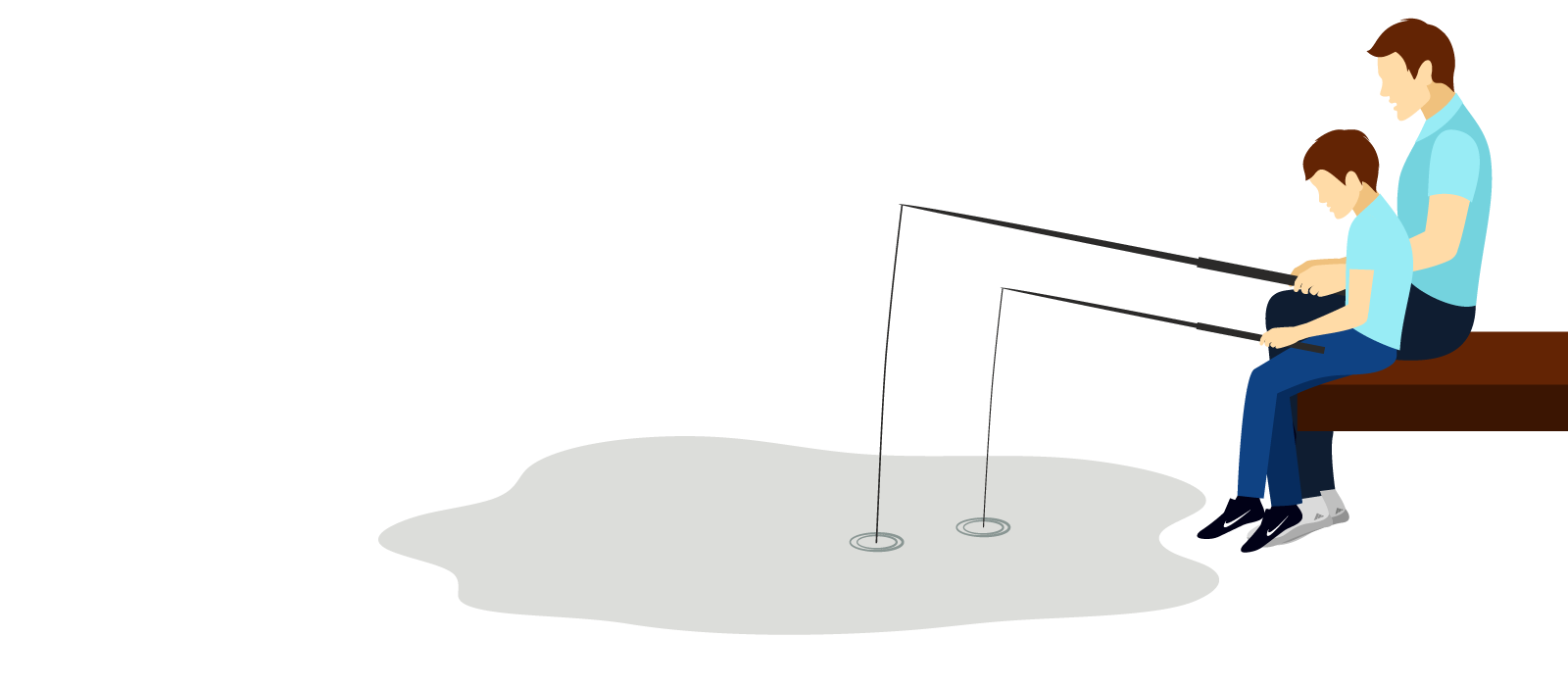
Many GRT children still take part in past times that would be considered by the communities to be part of their culture. For boys, boxing is a popular sport with many belonging to local clubs or gyms. Boxing is taken seriously in the community and many Traveller boys go on to train professionally. They are also aware that any fighting that is not officially organised can result in them losing their boxing license or expulsion from their boxing club.
Hunting and fishing are also enjoyed - predominantly by men and boys although girls sometimes like to go hunting or are included in this. Hunting can include using a catapult, or an air rifle to hunt small game and wildlife. This is a legal practice with the landowner’s permission.
Travellers may also take part in ferreting or lamping. This form of hunting uses ferrets to hunt rabbits, or dogs to hunt rabbits at night. This is a legal practice with the landowner’s permission.
Some young Travellers may also work official hunts and may do ‘beating’ for a hunt party. The beaters drive the pheasants towards the hunt. Traditionally the hunted animals will be cooked and eaten.
Girls pastimes can include hair and beauty, fashion and customising accessories and clothes
Horse riding is pastime that is enjoyed by all ages and genders in the GRT community. Many GRT boys and girls will have been horse riding and be knowledgeable about horses. They may have their own horses that they look after. The family may also buy and sell horses in large horse fairs such as Appleby horse fair.
Trotting racing using a trap is a popular sport that is popular with the GRT community. Trotting races on public roads is illegal, but riding a trap on the road is legal. All ages take part in this sport - even younger children learn how to ride a trap.
Horse fairs are a key part of the GRT traditions. There are several annual horse fairs across the UK. These are no longer purely for trading horses. Many families attend to come together with extended family they may not have seen for more than a year. These events also have stalls selling traditional GRT goods or modern-day equivalents.
Appleby Horse Fair is the most famous GRT fair.
Find out more about permitted cultural reasons for absence
